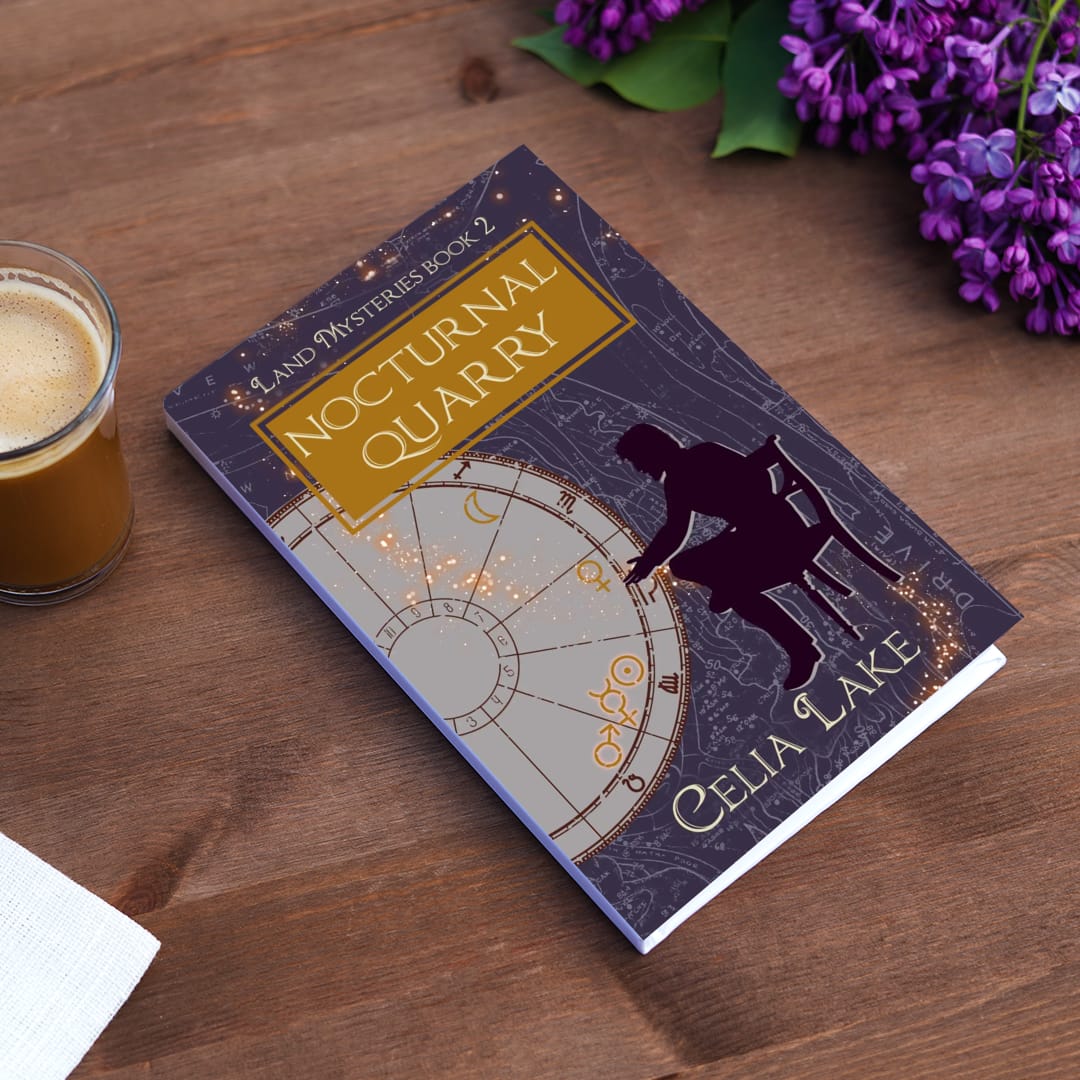Today’s Idea to Book is all about Alexander Landry. That’s because Nocturnal Quarry is a character-focused novella about Alexander Landry. While most of my books can be read in any order, this one comes best after at least Best Foot Forward.
It also has some pieces in it I deeply loved getting to share. A bit of Boston’s magic, a couple of loose ends of other plots, and a trip to the Metropolitan Museum of Art, for starters!

Alexander in motion
Part of the joy of this book was getting to explore some new locations. Alexander’s business takes him from Washington D.C. (and diplomatic circles), on a train, brief stops in New Haven, Connecticut and Providence, Rhode Island. Then it’s on to Boston (Massachusetts) and back south to New York City. I’m born and raised in Boston, and it was delightful to get a few more moments in my home town. (Lovers of Boston can also find a chapter or three set there in Sailor’s Jewel).
And of course there’s the art. Figuring out what was at least potentially on display in 1938 was delightful. You can take a look at some of the art in the art of Nocturnal Quarry post. We also get a look at some of how the land magic works in the United States. Though there’s a lot more there to potentially explore!
Alexander’s also in the midst of emotional shifts at this point in his life. The events of Best Foot Forward, three years earlier, have had time to settle. He has a routine he enjoys, people he actively wants to spend time with who are delighted to see him. Now, he’s had to leave that behind. The time gives him some chances to reflect on other parts of his life, his past – and his future.
Loose ends
The second part of this book was tying up two loose ends. I knew America was the most useful place to do this for two separate events.
One of those has to do with someone Alexander and Geoffrey met in Germany. Theodore’s an American out of central casting for the period, down to his shoes. Alexander spotted him in a lie almost immediately. (Though, to be fair to Theodore, very few people would know that one, proportionately. And you wouldn’t expect it of two Englishmen.)
In Nocturnal Quarry, they meet up again. Alexander gets a chance to share some context about who he is, what they were doing in Germany. And also, usefully, maybe broker some ongoing conversations of particular interest to the Council and Ministry. Not bad for an evening’s work or two. (And I will admit, the geological bit of the demonstration in that chapter delights me. Boston geology, endlessly unusual.)
The other thread is something out of On The Bias, a lingering worry for the Carillon family. Alexander is of course glad to see about this concern for the people he loves. But the way that plays out is perhaps not what anyone expects. Especially not anyone who’s familiar with Alexander’s reputation as a war dog for the Council.
Family of choice and of blood
Finally, this book is all about family of choice and of blood. I went into writing it knowing a fair bit about Alexander’s family – and specifically, why he isn’t close to any of them at this point in his adult life. His mother left Egypt in a hurry, a decade before Alexander was born. She kept in touch with her extended family, but after her death (when Alexander was 18), those contacts faded.
While he’s in New York City, he’s surprised by a connection. Then he finds out what it’s like to be in a space with someone who has a whole set of cultural references in common, the ones he hasn’t been able to assume for most of his life. Better than that, he gets a chance to connect to others of his family, with the promise for more in future. And he has the outside evaluation of someone with his mother’s family’s sort of skills, which is terrifying and reassuring, both at once.
But the other part of this is the family of choice – how Alexander wishes he didn’t have to be gone for so long. And more to the point, how he’s welcomed back, and timing for something he’d thought would happen in his absence.
(On that note, I am looking forward to some more of the Alexander and Edmund Carillon show when I write Edmund’s romance a little down the line. It takes place in 1948 or 1949, while Edmund is at Oxford and The Academy, but also apprenticing with Alexander.)

